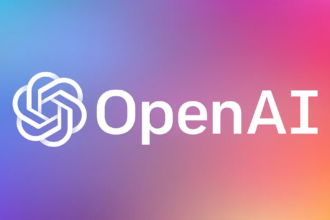In a fresh legal challenge, five prominent Canadian news media publishers have sued OpenAI Inc., accusing the AI giant of breaching copyright laws by using their content to train AI models like ChatGPT. The lawsuit, filed in the Ontario Superior Court of Justice, marks the second significant copyright battle for OpenAI, valued at R2.89 trillion, following a similar suit by The New York Times last year.
Canadian Publishers Demand Accountability
The plaintiffs—Torstar Corp., Postmedia Network Canada Corp., Globe and Mail Inc., the Canadian Press, and CBC/Radio-Canada—argue that OpenAI has been profiting from their journalistic content without permission or compensation. They emphasised their role as the creators of the “bulk of Canada’s journalistic content.”
In a joint statement, the publishers stated, “OpenAI is capitalising and profiting from the use of this content, without getting permission or compensating content owners.” The lawsuit seeks damages, which will be determined during the trial.
OpenAI’s Response: Fair Use and Collaboration
OpenAI defended its practices, stating that its models are trained using “publicly available data,” and that it adheres to fair use and international copyright principles. A spokesperson highlighted that the company collaborates with publishers on how their content is displayed, credited, and linked. OpenAI also mentioned offering publishers the option to opt out of having their content used.
However, critics argue that these measures fall short of addressing the core issue of consent and compensation.
Echoes of Previous Legal Battles
This lawsuit comes on the heels of a similar legal action from the New York Times Co., which sued OpenAI and its partner Microsoft Corp. in 2023. The Times accused the companies of using its copyrighted articles without permission to train their AI systems.
Paul Deegan, president of News Media Canada, accused OpenAI of “strip mining journalism” for financial gain. “OpenAI is unjustly enriching itself at the expense of hardworking journalists and publishers,” Deegan said, adding fuel to the growing debate over the ethical use of copyrighted content in AI training.
Broader Implications for AI and Media
This lawsuit highlights the ongoing tension between AI companies and traditional media. As AI models become more sophisticated, concerns about how they access, use, and monetise content are intensifying. Media outlets argue that their survival depends on protecting intellectual property, while AI developers stress the importance of fair use and the transformative nature of their work.
The outcome of this case could set a precedent for how AI companies engage with media content in the future. It may also shape the legal landscape for AI training data and the responsibilities of AI developers toward content creators.









